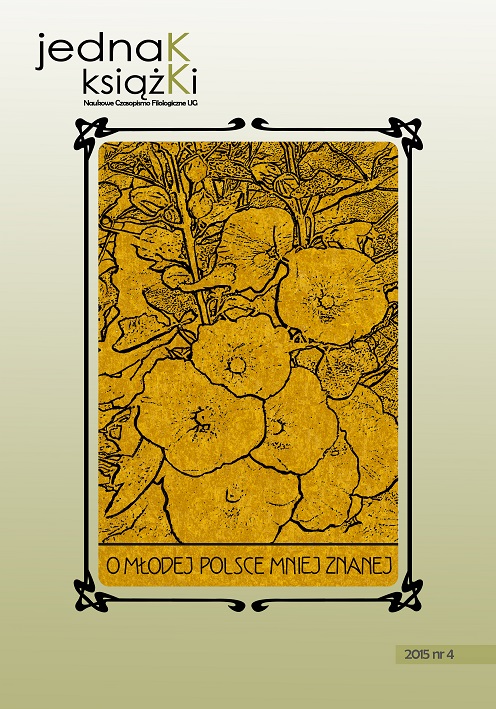A scientific inquiry: Galen's optics in dreams of vision, light & pre-natal memory
Słowa kluczowe:
dreaming, amygdala, brain, light, cognitive/sensory processing, consciousness, Claudius Galen, HPA Axis, intuition-instinct-insight, memory, neuroanatomy, optogenetics, optic disc, optic nerve, soul, synapse, Third Ventricle, Universal Mind, visual cortexAbstrakt
The following inquiry is derived from a 1994 experiential study in dreaming consciousness in which a series of thirty-eight interlocking dreams revealed Claudius Galen’s (c130-201) pneumatic doctrine of vision. The research centers on the relationship of light in the brain to vision and memory. The objective is to contribute to the understanding of consciousness by elucidating learning-related patterns of neural activity guided by associative recognition in dream-wake states. Scientific breakthroughs introducing photons of light to control brain activity strengthened the findings.
Premises stemming from neuroscientific and spiritual insights:
*Activation of light in the optic disc may open the visual field to access pre-natal memory.
*A unified sixth sense merging Intuition-Insight-Instinct may have its locus in the infundibular recess of the third ventricle.
*Memory matrix in the amygdala relays information to the sixth sense thereby serving all sense organs.
Downloads
Bibliografia
Department of Neurobiology and Anatomy, University of Texas Medical School at Houston. http://neuroscience.uth.tmc.edu/s4/chapter06.html
Dreher, Bogdan and Robinson, Stephen R. 1991. Neuroanatomy of the Visual Pathways and their Development. CRC Press I LLC.
Galen on the Usefulness of the Parts of the Body vol. 1. 1968. Trans., intro. and comm. Margaret Tallmadge May. Pp. 392-93, 399-401, 418-19.
Gardiner, Judy B. 1997. “A Dream Odyssey of Visual–Emotional–Cortical Connections…” © Judy B. Gardiner. Unpublished study.
“Genomic Basis for the Convergent Evolution of Electric Organs”. 2014. Science 344 (6191.1522-1525).
Gregory, Richard L. 1997. Eye & Brain, The Psychology of Seeing, 5th ed. Princeton, New Jersey: Princeton University Press, 1997. P. 92.
Guyton, Arthur C., M.D., Hall, John E., Ph.D. 1996. Textbook of Medical Physiology, 9th ed. Pp. 653, 658.
Guyton, Hall. 2006. Secondary Visual Areas of the Cortex. In Textbook of Medical Physiology, 11th ed., p. 642. fig. 51-4. http://malakand1.com/Textbook%20of%20Medical%20Physiology%20Part-2.pdf
Heimer, Lennart. 1995. The Human Brain and Spinal Cord, 2nd ed. Springer-Verlag.
Helson, Harry, “The Effects of Direct Stimulation of the Blind-Spot”. 41 (3): 345-397. University of Illinois Press. http://www.jstor.org/stable/1414679.
Hobson, J. Allan. 1998. The Dreaming Brain, 1st ed. Basic Books.
Irwin, David E. 1996. “Integrating Information across Saccadic Eye”. Current Directions in Psychological Science 5 (3): 94-100. http://www.jstor.org/stable/20182401
Kim, Dongbeom, Pare, Denis, Nair. Satish S. 2013. “Assignment of Model Amygdala Neurons to the Fear Memory Trace Depends on Competitive Synaptic Interactions”. Journal of Neuroscience 33 (36): 14354. DOI: 10.1523/JNEUROSCI.2430-13.2013.
LeDoux, Joseph. 1994. “Emotion, Memory and the Brain.” Scientific American 270.
Lindberg, David C. 1996. Theories of Vision from Al-Kindi to Kepler. Chicago: The University of Chicago Press.
Magnani, Lorenzo, Li, Ping, ed. Philosophy and Cognitive Science. Western & Eastern Studies: Springer. DOI10.1007/978-3-642-29928-5.
Milner, David A., Goodale, Melvyn A. 1995. The Visual Brain in Action, 2nd ed. USA: Oxford Psychology Series: 26-7.
Project Gutenberg. http://www.self.gutenberg.org/articles/Third_ventricle.
Ptolemy’s Theory of Visual Perception. 1996. Trans., with Intro. and Comm. By A. Mark Smith. Philadelphia: American Philosophical Society 86 (2).
Reeves, Carole, Taylor, D. 2004. “A history of the optic nerve and its diseases”. Cambridge Ophthalmological Symposium, Eye 18: 1096–1109. a. doi:10.1038/sj.eye.6701578.
Siegel, Rudolph E. M.D. 1970. Galen on Sense Perception, Basel: S. Karger. Pp. 4, 40, 59, 74-76, 111, 116.
Stanford Alumni. 2010. “New Light on the Brain”. https://alumni.stanford.edu/get/page/magazine/article/?article_id=28287.

 Uniwersyteckie Czasopisma Naukowe
Uniwersyteckie Czasopisma Naukowe




